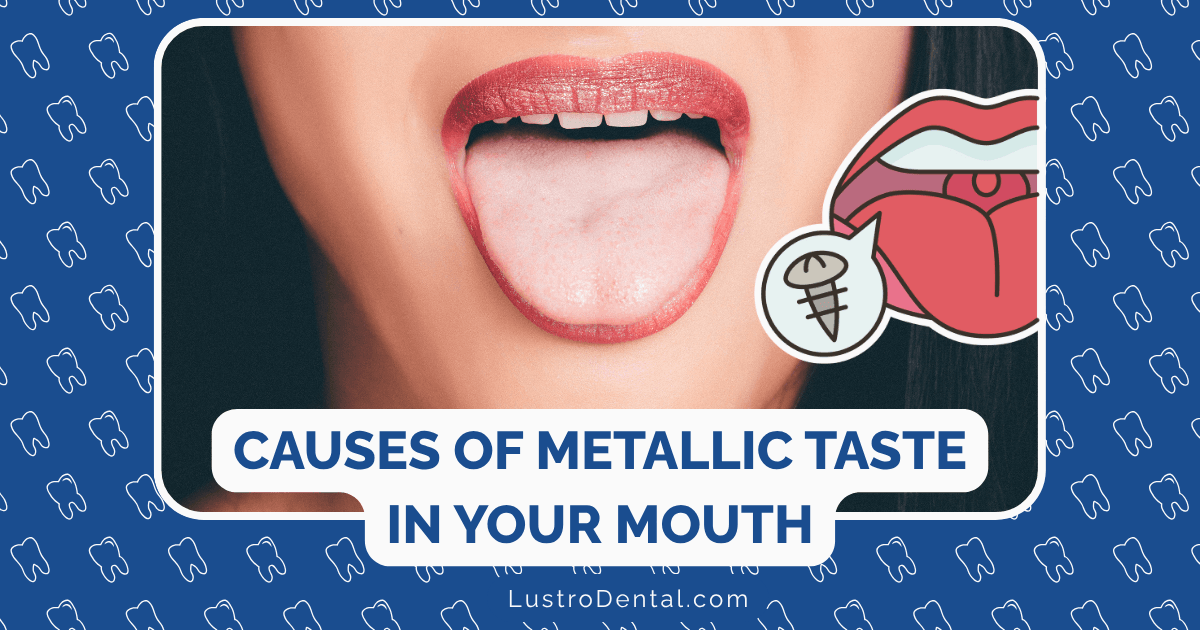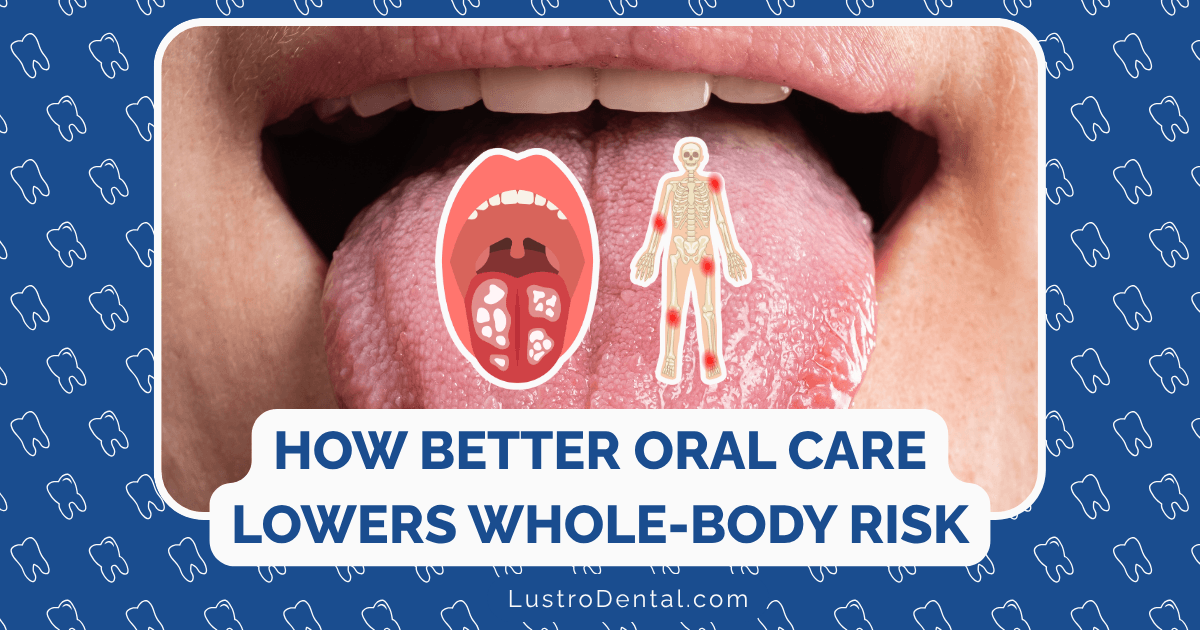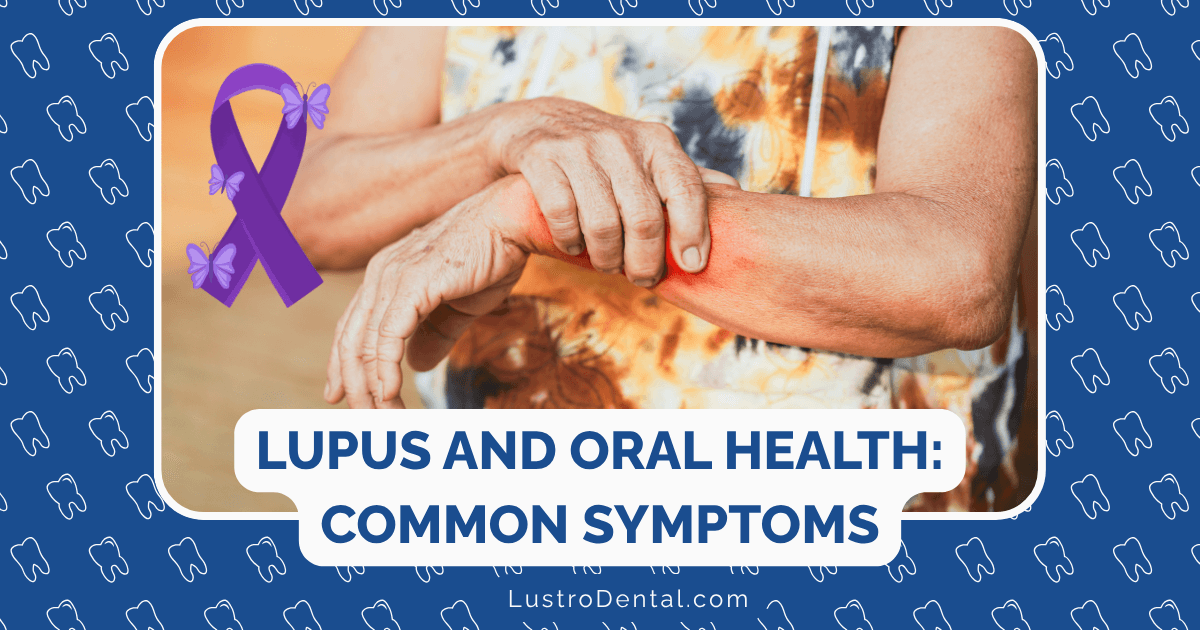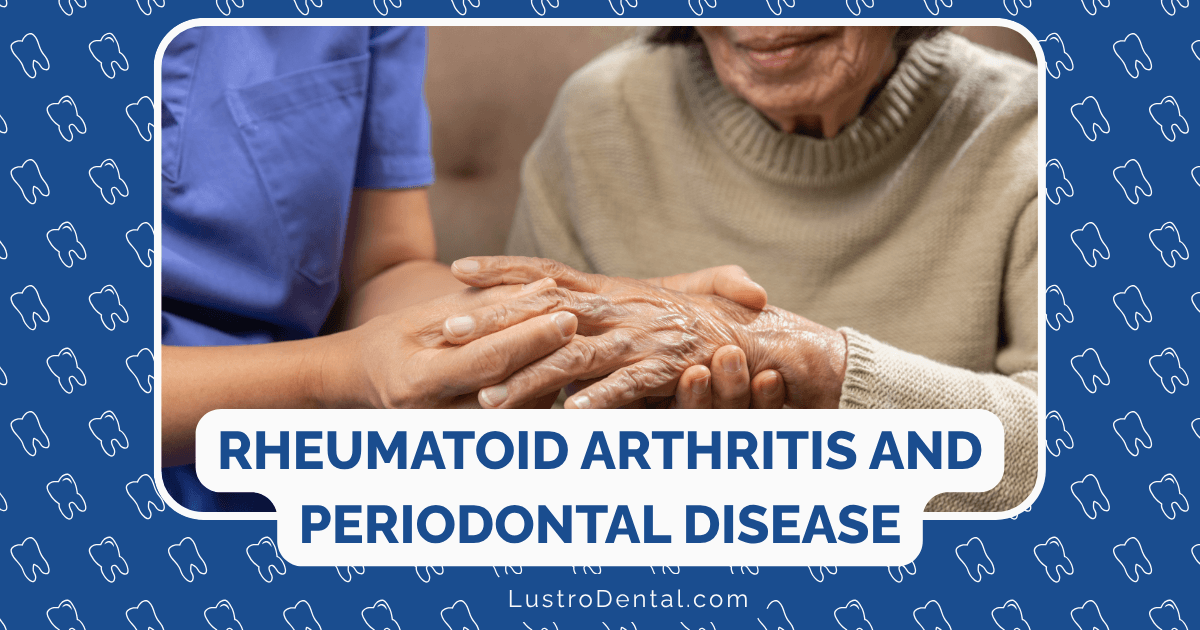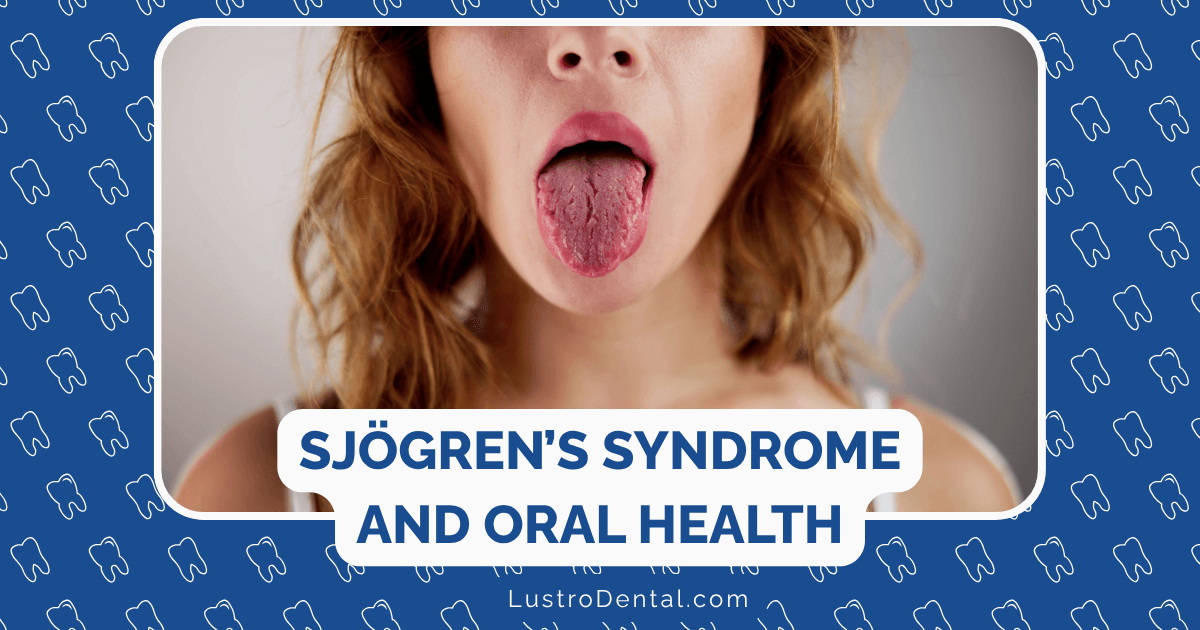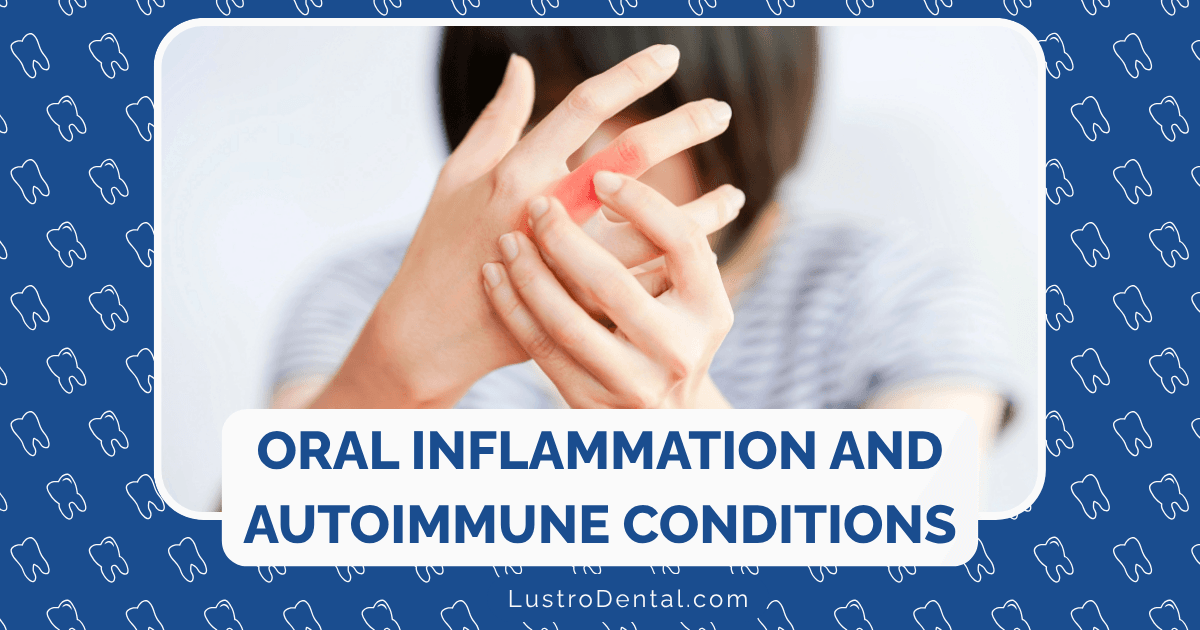Post-Pregnancy Dental Concerns: Addressing Changes After Baby
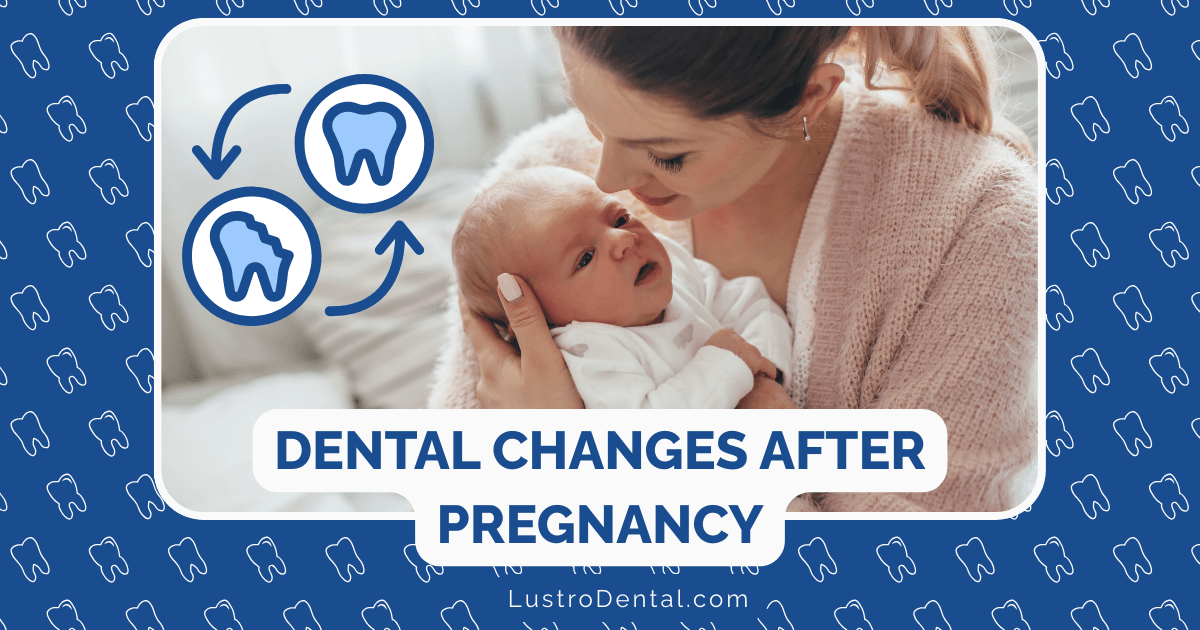
When a new baby arrives, a mother’s focus naturally shifts to caring for her newborn. Amid midnight feedings, diaper changes, and adjusting to a new normal, personal health concerns—especially dental health—often take a backseat. Yet the postpartum period brings unique challenges for oral health that deserve attention.
As someone who has guided countless new mothers through their dental journeys, I’ve witnessed firsthand how pregnancy and childbirth can affect oral health. The good news? With proper knowledge and care, you can address these changes effectively and maintain a healthy smile while embracing motherhood.
Understanding Postpartum Dental Changes
The journey of pregnancy transforms nearly every system in a woman’s body—and the mouth is no exception. While many expectant mothers are aware of pregnancy-related dental issues, fewer realize that these changes don’t simply disappear after delivery.
Lingering Hormonal Effects
During pregnancy, elevated levels of estrogen and progesterone increase blood flow to the gum tissue, often resulting in what dentists call “pregnancy gingivitis.” According to a recent study published in Medical Xpress, these hormonal effects don’t immediately normalize after childbirth.
Dr. Sarah Johnson, a periodontist specializing in maternal oral health, explains: “Postpartum oral inflammation can persist for up to three months after delivery, even as hormone levels begin to stabilize. This extended inflammatory response means new mothers remain vulnerable to gum problems well into the fourth trimester.”
The Impact of Lifestyle Changes
Beyond hormonal influences, the realities of caring for a newborn create additional challenges for oral health:
- Sleep deprivation can lead to decreased immune function, making gums more susceptible to infection
- Irregular eating patterns may result in more frequent snacking and less attention to oral hygiene
- Stress and anxiety can trigger teeth grinding (bruxism) or temporomandibular joint (TMJ) disorders
- Dehydration from breastfeeding or simply forgetting to drink enough water reduces protective saliva flow
As noted by researchers at the University of Iowa College of Dentistry, these factors combine to create a perfect storm for potential dental problems during the postpartum period.
Common Postpartum Dental Concerns
Let’s explore the specific oral health issues that many new mothers face and how to address them effectively.
1. Persistent or Recurring Gingivitis
While pregnancy-induced gingivitis typically improves after delivery, it doesn’t always resolve completely without intervention. Signs of persistent gingivitis include:
- Red, swollen gums
- Bleeding when brushing or flossing
- Tenderness or discomfort
A 2025 study published in the Journal of Maternal and Child Health found that approximately 60-75% of women experience gingivitis during pregnancy, with symptoms potentially lasting up to three months postpartum.
Solution: Maintain a consistent oral hygiene routine with gentle but thorough brushing twice daily and daily flossing. An alcohol-free antimicrobial mouthwash can also help reduce inflammation. If symptoms persist beyond three months, consult your dentist.
2. Increased Risk of Cavities
New mothers may face an elevated risk of tooth decay for several reasons:
- Dietary changes: Frequent snacking and comfort foods (often high in carbohydrates) can increase cavity risk
- Reduced attention to oral hygiene due to time constraints and exhaustion
- Dry mouth from dehydration or certain medications
- Increased acidity in the mouth, especially for those who experienced morning sickness during pregnancy
According to Pleasant Dental Greensboro, breastfeeding mothers may have additional concerns, as lactation can increase the levels of milk sugar (lactose) in saliva, potentially contributing to tooth decay if oral hygiene is neglected.
Solution: Be vigilant about brushing with fluoride toothpaste, especially before bed. Consider using a fluoride mouthwash for additional protection. Keep water nearby during nighttime feedings to stay hydrated and rinse your mouth afterward.
3. Enamel Erosion and Tooth Sensitivity
Many women experience enamel erosion during pregnancy due to morning sickness. Unfortunately, this damage doesn’t reverse after delivery and can lead to increased sensitivity to hot, cold, or sweet foods and beverages.
Marshfield Pediatric Dentistry reports that many new mothers notice increased wear and tear on their teeth, along with discoloration following pregnancy.
Solution: Use desensitizing toothpaste specifically formulated for sensitive teeth. Avoid acidic foods and beverages when possible, and wait at least 30 minutes after eating before brushing to prevent further enamel damage.
4. Temporomandibular Joint (TMJ) Issues
The stress of new parenthood, combined with poor sleeping positions while caring for an infant, can lead to jaw pain and TMJ disorders. Symptoms include:
- Jaw pain or tenderness
- Clicking or popping sounds when opening or closing the mouth
- Difficulty or discomfort when chewing
- Facial pain or headaches
Solution: Be mindful of jaw clenching or teeth grinding, especially during stressful moments. Practice gentle jaw stretches and consider using a night guard if grinding occurs during sleep. Maintain proper posture while feeding your baby to reduce strain on your neck and jaw.
5. Nutritional Challenges
The demands of breastfeeding and recovery from childbirth require increased nutritional intake, yet many new mothers struggle to maintain a balanced diet. This can affect both dental and overall health.
Solution: Focus on calcium-rich foods (dairy, leafy greens, fortified products) to support tooth and bone health. Vitamin D is crucial for calcium absorption, so consider brief sun exposure or supplements if approved by your healthcare provider. Vitamin C supports gum health and can be found in citrus fruits, bell peppers, and strawberries.
Creating a Postpartum Dental Care Plan
Navigating dental care as a new mother requires intentionality and planning. Here’s a practical approach to maintaining oral health during this busy season:
Schedule a Postpartum Dental Check-up
The American College of Obstetricians and Gynecologists recommends scheduling a dental examination after delivery, especially if dental issues arose during pregnancy. This appointment allows your dentist to:
- Assess any pregnancy-related changes to your oral health
- Address lingering inflammation or other concerns
- Provide personalized recommendations based on your specific situation
- Create a treatment plan for any necessary restorative work
Dr. Michael Rodriguez, a family dentist specializing in maternal care, suggests: “Aim to schedule this appointment when you have support at home—perhaps when your partner or a family member can watch the baby. This allows you to focus on your health without the added stress of caring for your newborn during the appointment.”
Simplify Your Oral Hygiene Routine
As a new mother, efficiency becomes essential. Consider these strategies:
- Keep dental supplies accessible throughout your home—perhaps a toothbrush and toothpaste in the kitchen as well as the bathroom
- Use one-handed dental products like pre-pasted disposable toothbrushes for times when you’re holding your baby
- Set reminders on your phone for brushing and flossing, as sleep deprivation can disrupt normal routines
- Consider an electric toothbrush for more effective cleaning in less time
Know What’s Safe During Breastfeeding
Many new mothers worry about how dental treatments might affect breastfeeding. According to the Breastfeeding Network, most dental procedures are compatible with breastfeeding:
- Local anesthetics used for dental procedures pass into breast milk at minimal levels and are considered safe
- Common pain relievers like acetaminophen and ibuprofen can be taken at normal doses
- Most antibiotics prescribed for dental infections are compatible with breastfeeding, though they may cause temporary digestive changes in your baby
- Dental X-rays with proper shielding pose no risk to breastfeeding
If you require dental treatment while breastfeeding, communicate with both your dentist and your baby’s pediatrician to ensure coordinated care.
Address Dental Emergencies Promptly
Despite your best preventive efforts, dental emergencies can occur. Common postpartum dental emergencies include:
- Severe tooth pain
- Abscesses or infections
- Broken teeth or lost fillings
- Persistent bleeding from the gums
Don’t delay seeking treatment for these issues. A 2025 study in the Journal of Maternal and Child Health emphasizes that untreated dental infections in mothers can potentially affect their ability to care for their newborns and may even pose risks for bacterial transmission to infants.
The Connection Between Maternal and Infant Oral Health
Your oral health as a new mother doesn’t just affect you—it can impact your baby’s future dental health as well.
Bacterial Transmission
Research from Project Smile Global indicates that mothers with poor oral hygiene can transmit cariogenic (cavity-causing) bacteria to their newborns. This early colonization increases the risk of early childhood caries.
To reduce this risk:
- Maintain excellent oral hygiene to reduce bacterial levels in your mouth
- Avoid sharing utensils or cleaning pacifiers with your mouth
- Begin gentle oral care for your baby from birth by wiping gums with a clean, damp cloth after feedings
Modeling Healthy Habits
As your child grows, they’ll learn oral health habits by watching you. By prioritizing your dental care now, you’re setting the foundation for your child’s future oral health practices.
Overcoming Barriers to Postpartum Dental Care
Despite understanding the importance of dental care, many new mothers face significant barriers to accessing it. Let’s address some common challenges and potential solutions:
Time Constraints and Childcare
Challenge: Finding time for dental appointments while caring for a newborn can seem impossible.
Solution: Look for dental practices that offer:
- Early morning, evening, or weekend appointments
- Family-friendly environments where babies are welcome
- Coordination with other family members’ appointments to maximize efficiency
Financial Concerns
Challenge: Dental care costs can be burdensome, especially with new baby expenses.
Solution:
- Check if your dental insurance offers extended coverage during the postpartum period
- Inquire about payment plans or sliding scale fees
- Explore community health centers that offer reduced-cost dental services
- Consider dental schools, which often provide quality care at lower rates
Anxiety and Discomfort
Challenge: Dental anxiety may be heightened during the vulnerable postpartum period.
Solution:
- Communicate your concerns openly with your dental provider
- Ask about comfort measures like music, weighted blankets, or breaks during treatment
- Consider practices specializing in anxiety management techniques
- Bring a support person to appointments if possible
Conclusion: Prioritizing Your Smile in Motherhood
The postpartum period brings joy, challenges, and significant changes—including to your oral health. By understanding these changes and implementing proactive care strategies, you can maintain a healthy smile while navigating the beautiful chaos of new motherhood.
Remember that caring for yourself, including your dental health, isn’t selfish—it’s essential. A healthy mother is better equipped to care for her child, and by addressing your oral health needs, you’re also protecting your baby’s future dental health.
As you embark on this new chapter, give yourself grace. Perfect oral hygiene might not happen every day, but consistency over time is what matters most. Your smile, like your journey through motherhood, deserves care, attention, and the opportunity to thrive.
Have you experienced dental changes after pregnancy? What strategies helped you maintain your oral health as a new mother? Share your experiences in the comments below.


